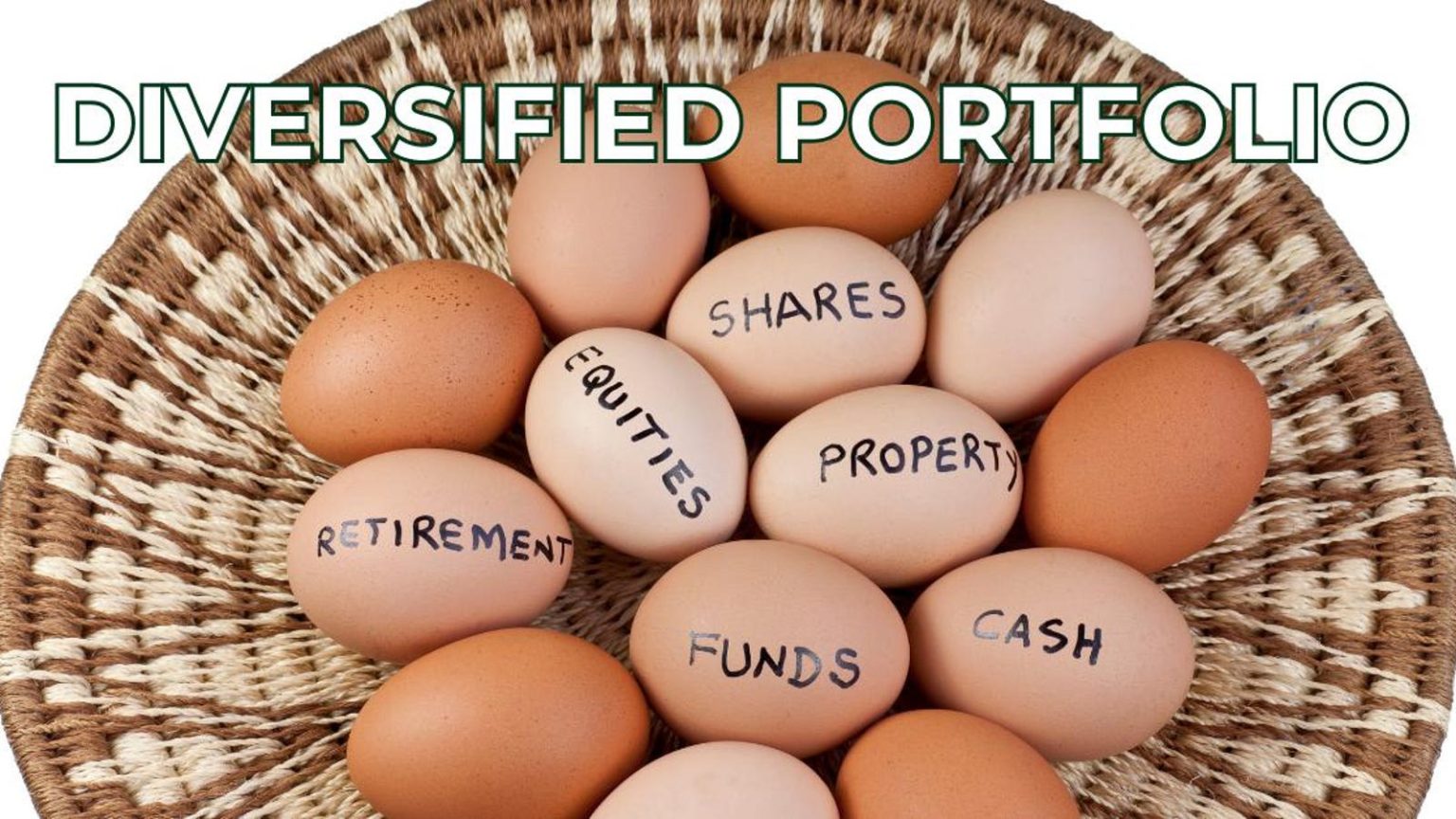I think we have a new normal with respect to inflation, and we won’t get down to the Fed’s 2% target. We’ve moved away from the prediction of three interest rate cuts this year to only one cut or possibly none. Some experts are even suggesting we’ll see rates move slightly upward. The April jobs report revived some hopes that the economy was slowing, and inflation was cooling. It even sparked a stock market rally and some dovish talk from the Fed. But let’s not get too excited. One month does not signal a trend.
You’re probably wondering what’s really happening with the economy and interest rates. And what could it mean for the stock market and your investment performance? Here’s how I see it.
When we celebrated the new year, inflation was trending downward and there was plenty of optimism about three rate cuts in 2024, with one being imminent. All that changed during the first quarter as inflation rose for several straight months. Consequently, the Federal Reserve decided to hold rates steady and expressed their intention to keep rates elevated for as long as it takes to get inflation under control.
The current interest rate levels are a big challenge for our consumer-driven economy, especially for young people who have sky-high rents or mortgages, big auto loans, and mountains of revolving credit card debt. Higher borrowing costs will reduce the dollars young singles or families have available for purchases at Starbucks, McDonalds, Kohls, Walmart, or wherever they spend money. Lower consumer spending can eventually ripple through the economy, ultimately depressing corporate earnings.
In contrast, people approaching retirement don’t typically do much borrowing. Generally, all they have is an existing mortgage, with a low 3 or 4% rate. Managing investment performance will be the primary challenge for mature investors as high inflation and interest rates become more of a drag on the stock market. I don’t think inflation and interest rates will necessarily drive equity prices downward, but they could very well slow down upward price movement. Think of it like marathon runners who suddenly have 5 lb. weights strapped to their ankles. They might be able to go fast for a little while, but sooner or later they’re going to get tired and slow down. They might still be in the race, yet their performance will suffer.
Right now, I’m making sure my pre-retired and retired clients are well diversified. I favor a very balanced portfolio, with, in many cases, a traditional mix of 60% equities and 40% fixed income. There’s been a huge run-up in the stock market over the last six months, and I’ve been advising clients to take some chips off the table and get a little more conservative. That doesn’t mean trying to time the market. It also doesn’t mean decreasing their stock allocation to 40%. Older investors still need long-term growth, as they have a life expectancy of 25, 30 or even 40 years after retirement.
I’m finding the traditional allocation with a mix of stocks and bonds, or bond substitute products gives clients more peace of mind right now. Earning 5% interest from boring old money market funds is a beautiful thing, and I tell people to take advantage of it. Bonds are an option too, but I don’t favor going out too far on the time horizon because if interest rates trend up then your principal is at risk.
All in all, I think we need to reset our expectations for market performance this year. On top of inflation and interest rates, this is a presidential election year, the Middle East is in turmoil, and the U.S. budget deficit continues to grow. Personally, I’ll settle for making between 7% and 8% on my investments in 2024. That seems to be a pretty good return given the uncertain position we’re in right now.
I agree with former Treasury Secretary Larry Summers who recently said the more we learn about this economy, the more uncertainty we have. But remember, there’s no need to be rattled by uncertainty. Think logically rather than emotionally about your personal finances. Ultimately your financial plan should be focused on the rest of your life, not 1 or 2 years.
Read the full article here

